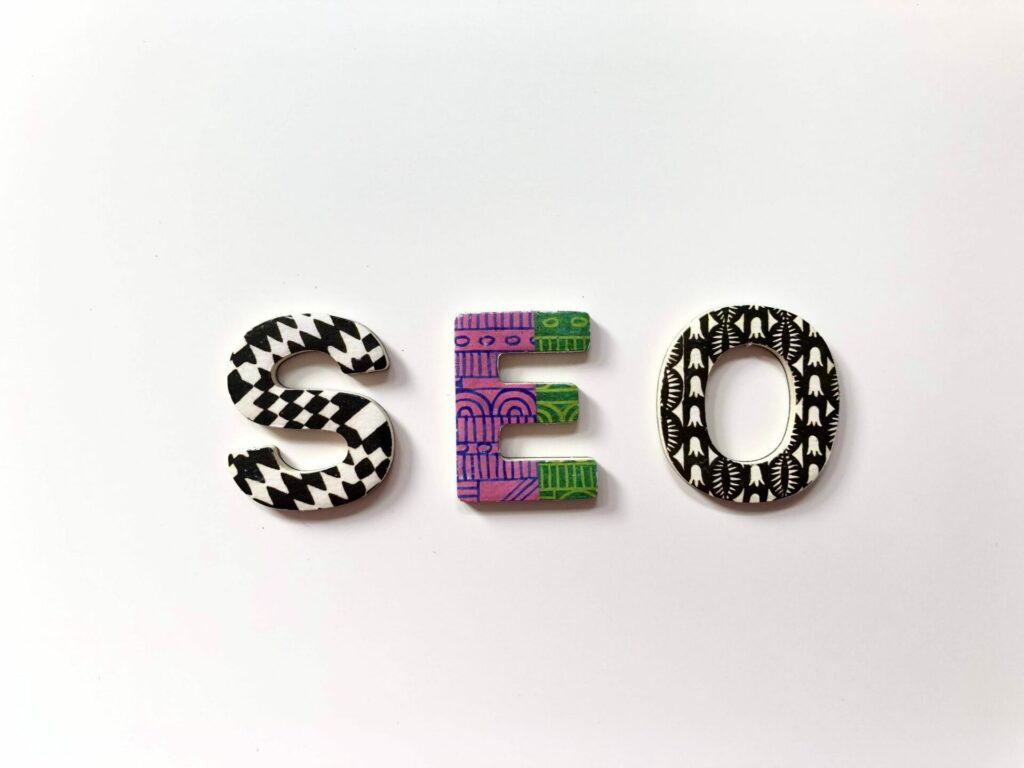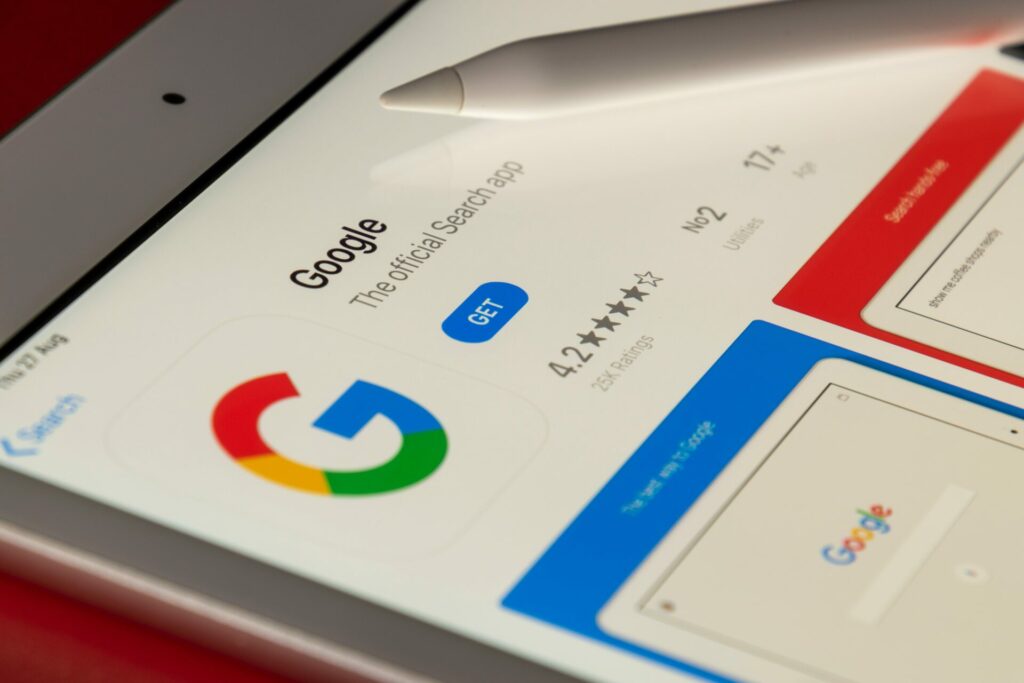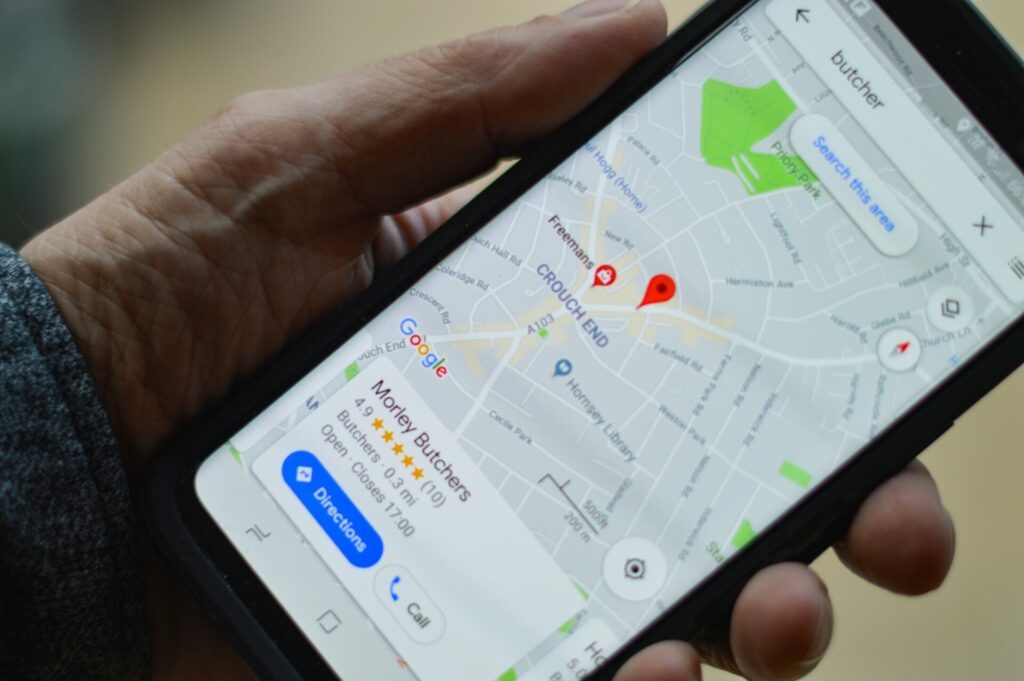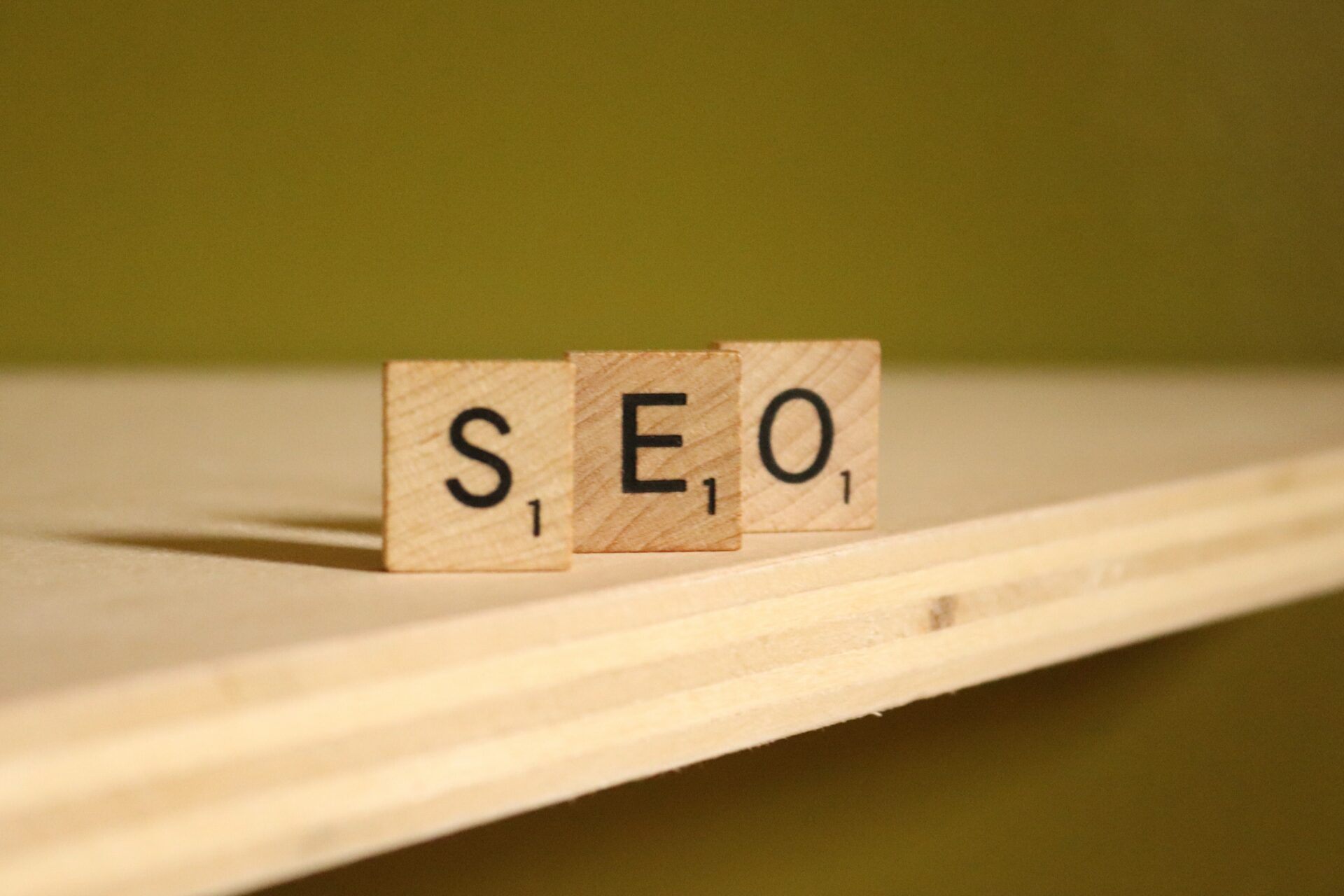Introduction: Why is it Important to Understand the Difference Between Organic SEO and Local SEO?
The difference between organic SEO and local SEO is in its intent. Organic SEO is about ranking for a keyword that has no geographic boundaries, while local SEO is about ranking for a keyword that’s only relevant to your area.

Organic SEO is the most important type of search engine optimization because it can rank your site in any part of the world. Local SEO is a subset of organic SEO where you focus on ranking for keywords that are relevant to your geographical location. It’s important to understand the difference between these two types of SEO because one will work better than the other depending on what you want to accomplish with your website.
Organic SEO is a type of search engine optimization in which you target keywords that are not limited to geography. Organic SEO is focused on ranking for keywords that have no geographic boundaries, while local SEO is focused on ranking for keywords that are only relevant to your area. In organic SEO, you want to rank for general terms that have little or no geographical relevance. In local SEO, you want to rank for highly specific terms, like the name of your business and its location.
What’s the Difference Between Local & Organic Search Engine Optimisation?
SEO is a process of optimising your website so that it ranks higher in the search engine results page. It’s not something that you can do overnight and it takes time and patience to get to the top. Organic SEO is a process of optimising your website so that it ranks higher in the search engine results page. It’s not something that you can do overnight and it takes time and patience to get to the top.
Local SEO is the process of optimizing your website to rank higher in search engine results for your local area. Organic SEO is the process of optimizing your website to rank higher in search engine results for your target keywords.
Local SEO is a subset of organic SEO. It’s about ranking higher in search engine results for a specific area, like a city, county, or zip code. Organic SEO is about ranking higher in the search engine results for target keywords that are relevant to your business and industry.

SEO is an acronym for Search Engine Optimization. SEO refers to optimizing the websites of businesses to rank higher in search engine results. There are two main types of SEO: Organic SEO refers to optimizing a website using keywords and other online visibility factors; Media, PR, social media and any other online visibility factor that can improve rankings. This includes things such as getting a website link from Google or another high-ranking site, if it’s relevant to your industry or keywords. We also include links to contact information, such as a phone number, an email address and a physical address. For example, if you are looking for a website designer we might include links to the website of the designer.
Advantages of Local & Organic SEO Strategy
Local SEO is the process of optimizing a website to rank higher in search results for a local search. It is also referred to as Local Search Engine Optimization (LSEO) or Local Search Engine Marketing (LSEM).
Organic SEO is the process of optimizing a website so that it ranks higher in search engine results pages (SERPs) without paying for sponsored links. The goal of organic SEO is to make sure that your website ranks high enough in the natural, unpaid search engine results pages to generate traffic and leads.
There are many advantages of using a local and organic SEO strategy. These include increased rankings, increased traffic, and increased revenue. The benefits gained from organic search are not limited to just one aspect. Any business that implements these strategies is likely to gain a wide range of positive outcomes. As a result of the increased rankings, your site will get more traffic. More traffic leads to more sales and ultimately to higher revenue. The organic strategy also leads to higher search engine ranking over the long-run. This means that when potential customers search for products or services, they are likely to find your website before others in the industry.
Local Search Engine Optimisation Strategies for Small Businesses
Local search engine optimization (SEO) is an important online marketing strategy for small business owners, especially those with a physical location. It is important to have a strong understanding of the local SEO landscape in order to create and implement a successful strategy. There are many different factors that go into the success of a local SEO campaign. Local SEO is one of the most important aspects of online marketing. It is crucial to have a strong knowledge base and understanding of the local SEO landscape in order to create and implement a successful strategy.

There are many different factors that go into the success of a local SEO campaign, but mainly it comes down to driving traffic towards your site. If you can drive traffic towards your site then your chances for success increase immensely. You want as much visibility as possible for your business so you can build relationships and trust with your target audience. Your customers can then use this business to make positive interactions within the local community.
In order to have success with a local SEO campaign, you must have some kind of presence on social media. It is important for people in your area to know you are there and what products/services you offer. The key components here are:- Likes/follows on Facebook/Instagram (this will show up in your Facebook/Instagram feed), Comments on your posts, Blockchain explorer, Business cards, Responsive website, Copywriting for blog posts, Writing for press releases, Online marketing platforms like LinkedIn, Twitter, etc., and Email marketing.
Also Read Local SEO For Small Business – Get Found By Local Customers
On page SEO is the process of optimising your website to make it as easy as possible for search engines to find what you’re looking for. The goal of on page SEO is to make sure that when a user searches with keywords you want them to find your webpage. There are many elements that go into on page SEO, however On page SEO includes: keyword research, effective use of keywords throughout your website and meta tags.
















